Tiger Reserves, India
h1. Illegal evictions, threats and abuse Tribal peoples across India are being illegally evicted from their ancestral homelands in the name of tiger conservation. They’re promised alternative land, housing, and money, but these are lies: they often receive little or nothing, and end up living in abject squalor on the edge of their territory. This is illegal – the law says they are allowed to stay, but forest guards routinely arrest, fine, beat and bully them until they get out. 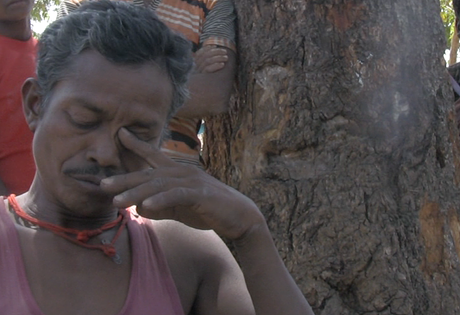
h1. Save the tiger: keep the people There is no evidence that any of this protects tigers: in fact it’s more likely to harm them. Tribal peoples are the best conservationists and guardians of the natural world – they should be at the forefront of tiger conservation, but are being excluded. Far from killing tigers, they often regard them as holy. There is even evidence of more tigers living in areas where the people have not been thrown out. Crowds of tourists can stress the animals; the tigers also can no longer prey upon tribal livestock. Tribal peoples’ lives are being destroyed by the conservation industry, but Survival is fighting these abuses. We know tribal peoples are better at looking after their environment than anyone else. Before, everything was the jungle. We were the jungle, the jungle gave us everything. We were happy. We were strong, we were fit. Now it’s all closed and we don’t get anything. We’re not strong anymore. We’re not healthy any more. It’s our jungle. We should be protecting it.
h1. How can you help? India’s Forest Rights Act recognizes tribal communities’ rights to remain on their land and harvest its resources, even when it’s turned into a conservation zone. Yet these rights are continually violated, and many tribespeople are unaware they even exist. But there is hope. Survival is working with partners on the ground to ensure India’s tribal people are informed of their rights. We are campaigning to prevent further evictions from tiger reserves and are supporting those seeking redress for past injustices. We need your help to stop the latest round of expulsions. Please take action now.
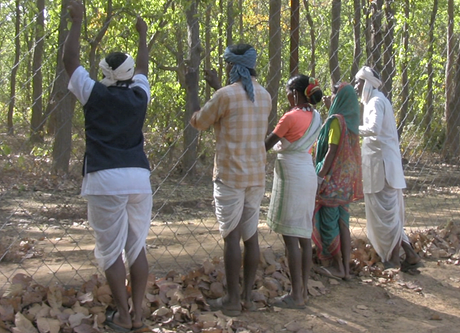
h1. Living in fear: Kanha Tiger Reserve 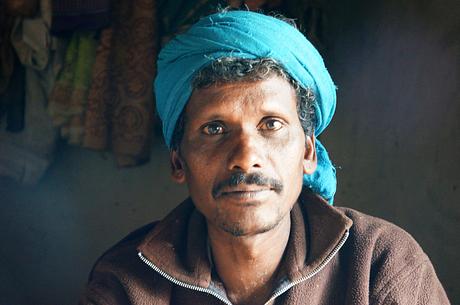
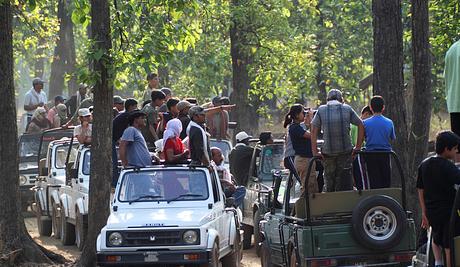 © Brian Gratwicke
© Brian Gratwicke
h1. Parks need peoples The Baiga face a grim and uncertain future, like all tribal people whose lands and resources are stolen. Formerly self-sufficient communities are forced to rely on food hand-outs, while mental and physical illness, malnutrition, and alcoholism soar, and life expectancy plummets. The Baiga and Gond have lived with and nurtured the flora and fauna of Kanha for generations. They have helped catch illegal hunters, control forest fires and track wildlife. But, once evicted, communities can grow hostile to the conservation measures and associated tourism that have caused them so much suffering. With their livelihoods wrecked, and their link with the forest severed, they may no longer be motivated to collaborate with conservationists, who end up alienating the very people who should be their allies in environmental protection. Tiger conservation will continue to fail until tribal peoples’ rights to their land are respected and everyone accepts that they should be at the heart of conservation efforts. Tribal peoples are better at looking after their environment than anyone else. 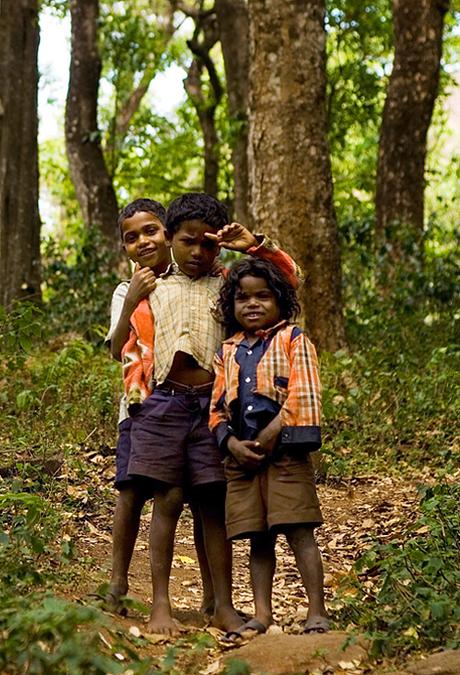 © Shrenik Sadalgi/Survival
© Shrenik Sadalgi/Survival
h1. My heart cries 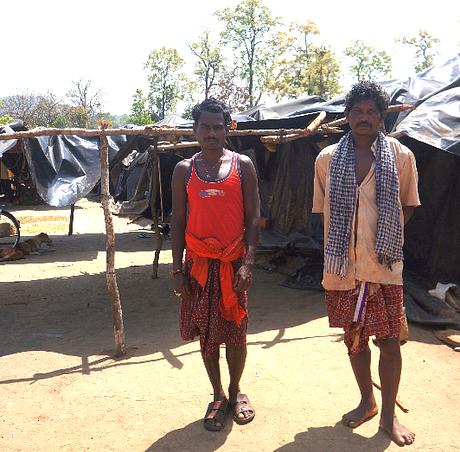
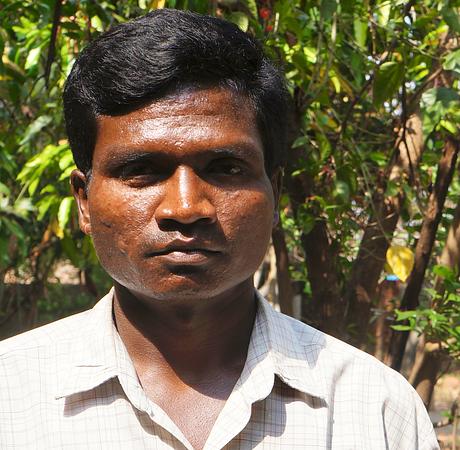
Go back to tribal conservationists.
Sign up to the mailing list
Our amazing network of supporters and activists have played a pivotal role in everything we’ve achieved over the past 50 years. Sign up now for updates and actions.